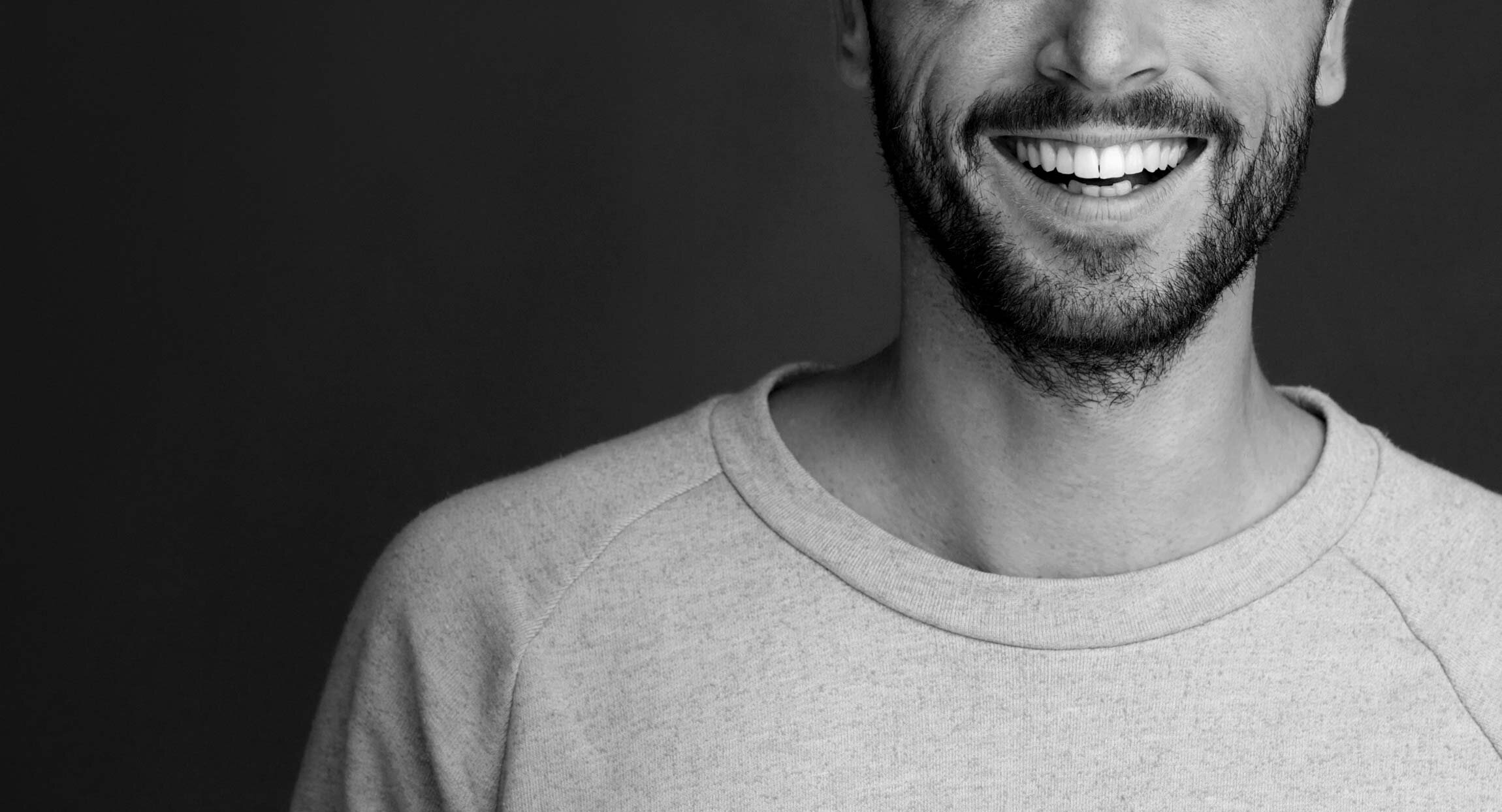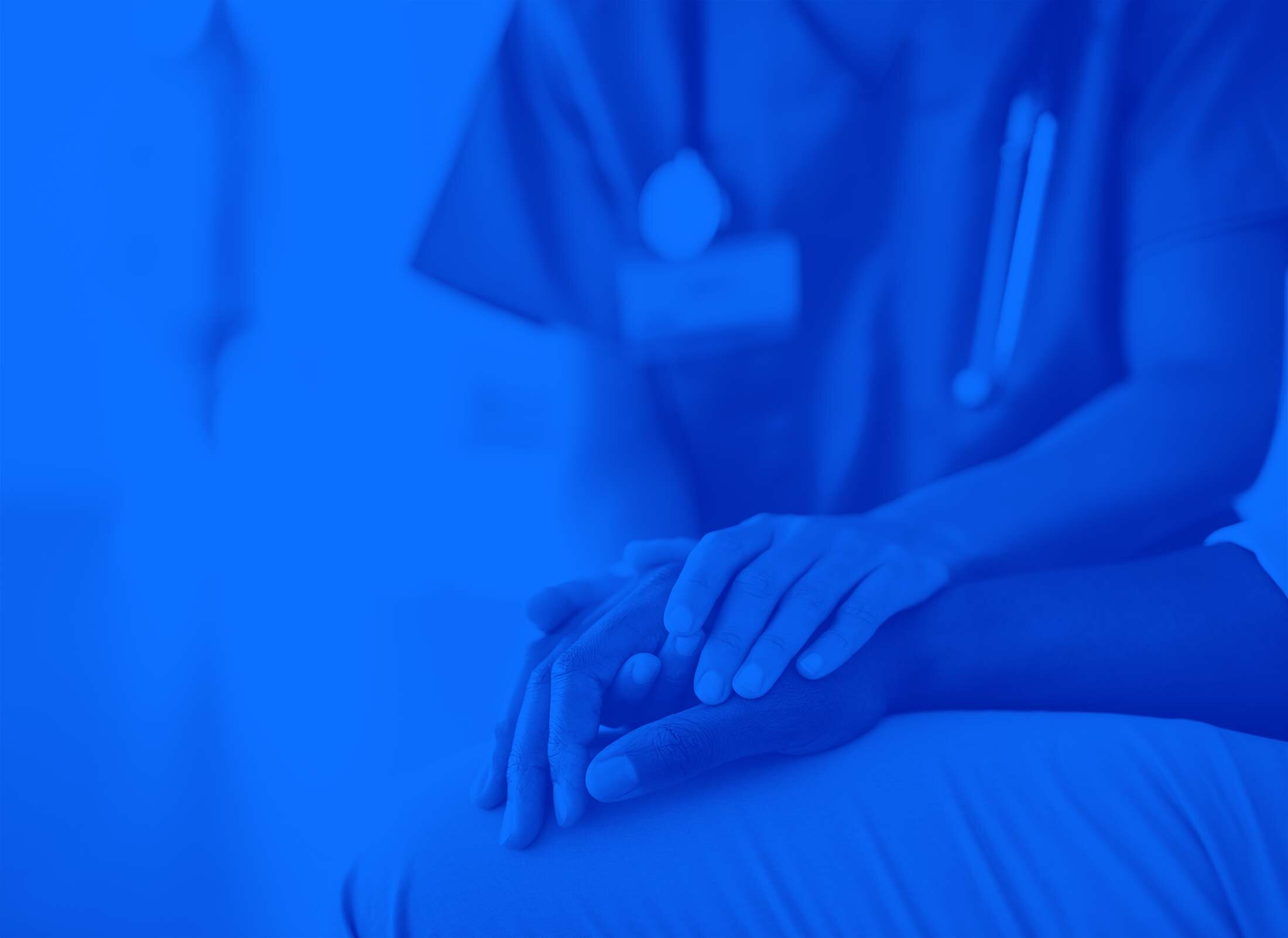
Frequently Asked Questions
What’s the purpose of the Number 2 Programme?
Our aim is to harness the gut microbiome’s therapeutic potential to restore health, prevent, and treat disease.
We’re developing medicinal treatments that involve the transfer of rigorously screened gut bacteria, derived from the stool of healthy donors, to people suffering from diseases or infections. We also use donor material to undertake pioneering research, helping scientists to investigate the role the gut microbiome plays in human health. We need your donations to help us do this!
Gut microbiome. What’s that?
The human digestive tract is home to one of the most dense and diverse microbial ecosystems in the universe. These microbial communities, their metabolites, and other components, are known as the ‘intestinal microbiome’. Research has shown that the intestinal microbiome performs many crucial bodily functions, such as digesting food, protecting us against harmful bacteria, and interacting with our immune system.
In health, the microbial communities within the microbiome work in harmony and support normal physiological function. However, imbalances in the microbiome can occur and can even be caused by our contemporary use of drugs, intended to treat diseases.
Over a decade of research has shown us that imbalances within the microbiome are associated with a wide range of medical ailments ranging from acute intestinal infections caused by the bacterium Clostridioides difficile, to complicated chronic conditions like inflammatory bowel disease and colorectal cancer. The impact of imbalances within the intestinal microbiome may even reach other parts of the body, with studies linking imbalances in the microbiome to diseases of the brain and nervous system, such as Parkinson’s disease and Motor Neurone Disease.
We believe that the intestinal microbiome could be the key to our future health.
Will I get compensated for donating?
You will receive an ‘expenses’ payment to compensate you for your time and any travel expenses.
Expenses are gifted directly into your bank account at the end of each month.
What would exclude me from donating?
We are recruiting healthy donors from the Aberdeen area, who are 18–60 years old, are of a normal weight, don’t smoke, and have no history of gastrointestinal disease, alcohol or drug abuse. You cannot participate while you’re pregnant, but we encourage you to keep us in mind for the future.
There are a range of diseases, conditions, and high-risk activities, which could exclude you from donating, see the exclusion list here.
So I need to live in, or around Aberdeen to donate?
At the moment, yes. We are currently only operating in the Aberdeen area, although we are planning to expand our reach in the future.
How often will I be required to donate?
You’re asked to donate a minimum of 3-4 days per week (on average). If you are able to, you can donate more than once a day. You can take holidays as you normally would, and simply return to the programme after your holiday. You can participate in the programme for as long as you wish.
Practically, how would I collect the donation?
You will be provided with a specially designed container for each donation. It is designed to take a whole stool and most donors find it easy and convenient to pass stool directly into this container. You can find out more about how the donation process works here.
Does it matter what I eat and drink when I’m donating?
You would be expected to eat normally, but we would encourage you to eat plenty of fruit, vegetables, and fibre. Drinking lots of water may make regular donation easier.
Will I need to undergo additional tests or screenings?
If you are accepted into the programme, blood & stool samples are sent for testing on a routine basis in accordance with our batch release process. Donations are held in quarantine until the results are returned and confirmed as negative for pathogens, then donations are released. This continues until the donor leaves the programme.
Routine blood tests are performed at The Rowett Institute, approximately every 30 days, at a time and date convenient to you.
What if something unexpected comes up in my screening tests?
If a positive test from your initial or routine blood and stool screening is identified, an appropriate member of the programme will contact you. The GMC registered clinician from The Rowett Institute may need to notify your GP, who in turn will provide you with further medical advice as required.
Some pathogen positive results will result in a complete exclusion, others may result in your donations being put in a hold period, and two pathogen negative results would be required before you can start donating again.
How does the donation process work?
You can find out all about becoming a donor on our donation process page.
What will happen to the data from the study?
All your data is stored safely and securely and collected in line with the Data Protection Act 2018. Members of the Number 2 Clinical Team, and external Regulatory Agencies, may review the test results from time to time. Any reports/results generated from the programme will have no information present that can identify you.
Will my taking part be kept confidential?
Number 2 is committed to protecting the privacy and security of your personal information. Your participation in the programme will remain confidential. We employ practices that are designed to maintain that confidentiality and anonymity e.g. a unique non identifying donor number, and we have put in place measures to ensure robust data security e.g. secure paper record storage with restricted access.
We will provide you with a privacy notice during your initial screening process that describes how we collect and use personal information about you during and after your participation in the stool donation programme, in accordance with the General Data Protection Regulation (GDPR). So that we can use your information for selected purposes, we are required to obtain your explicit consent which we will do via our initial screening process.
You have the right to review, verify, correct, or request erasure of your personal information, object to the processing of your personal data, or request that we transfer a copy of your personal information to another party. Please contact the Number 2 donor programme team in writing or via email if you wish to exercise your rights in connection with your personal information.
What if I want to stop donating?
You can stop donating at any time, it’s entirely voluntary. We just ask you to do a final blood and stool test so that we can release any previous donations from our quarantine, and ask you to sign a withdrawal form.

Ready to make a difference?
Become a stool donor to help develop new treatments for people with life threatening diseases. You will help change lives!

